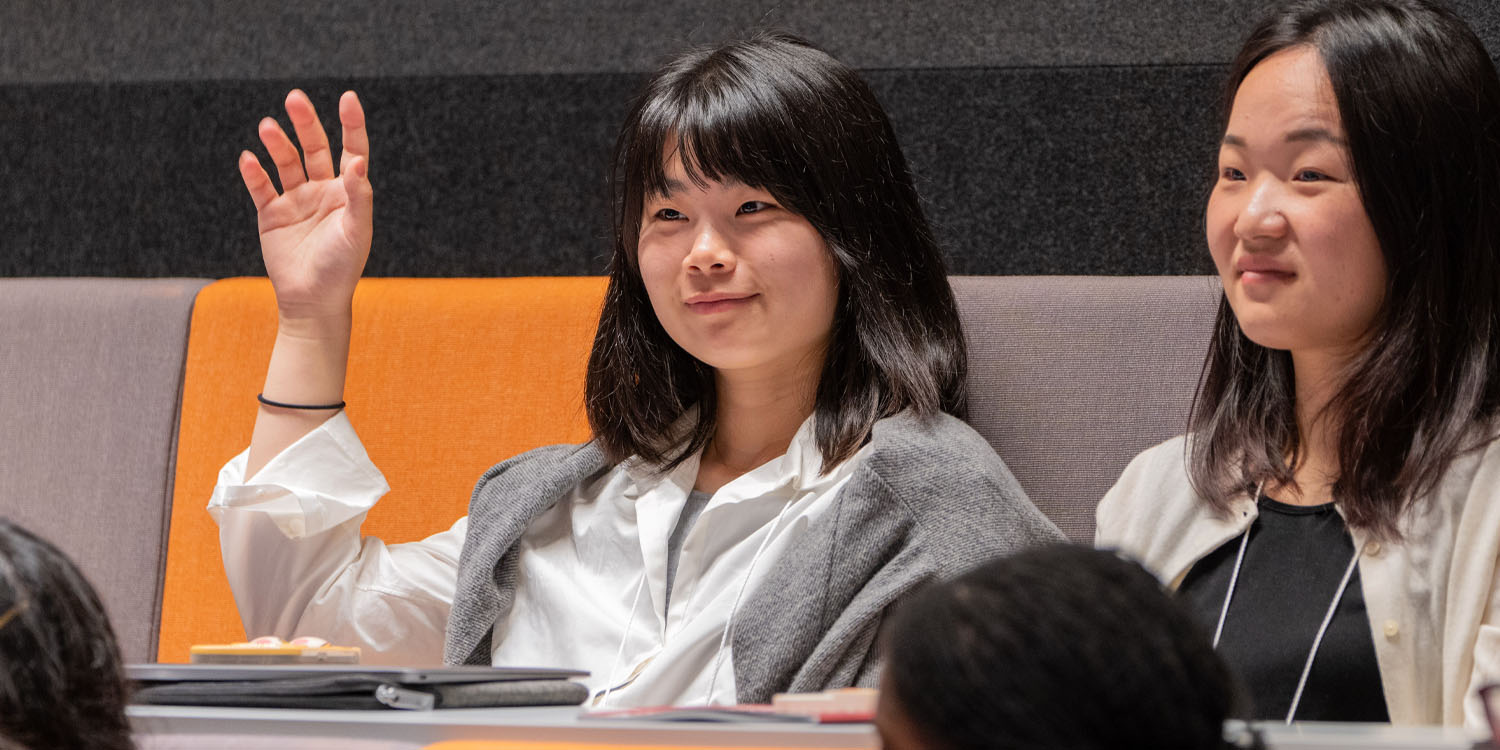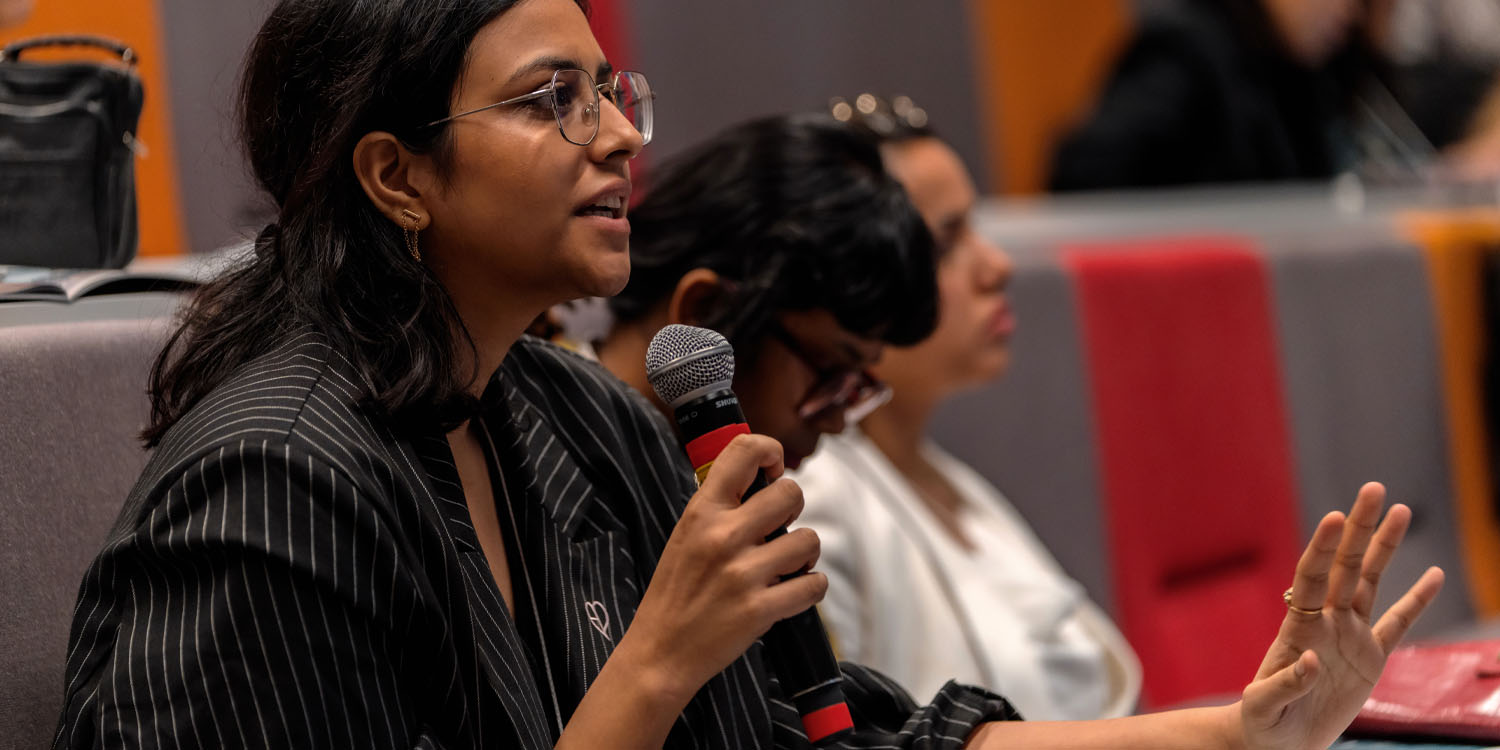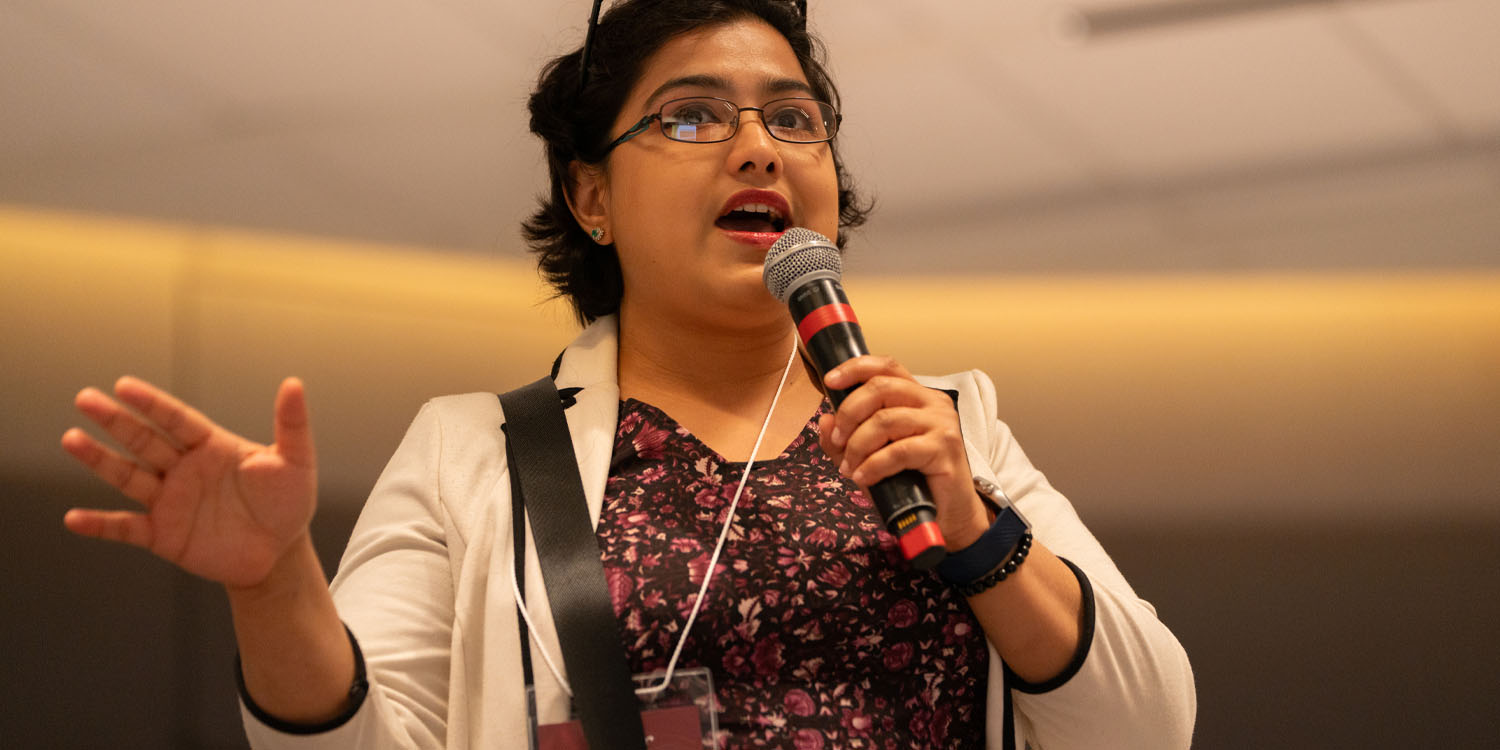The Forum discussion in Incheon, Korea will lead the programme’s ongoing conversation on global citizenship into one of the Korean Conferences Series’ main topics: leadership in times of crisis. Delegates interested in participating in The Forum at KCE/KCAH2024 are encouraged to read through this short article as a primer for discussion points and various questions that will be explored during the session.
In the face of a fragmenting world that endangers international cooperation, citizens worldwide are experiencing the consequences of the international community’s inability to solve issues connected to global security, climate change, the economy and recent technological advancements. Ongoing wars have shifted the power balance and re-militarised countries, threatening global security and hindering any kind of cooperation. As our plenary programmes at past conferences have summarised, peace is conducive to growth, development, and societal wellbeing. However, these fundamental values seem to be deteriorating for many people around the world.
According to the World Economic Forum (WEF) and previously invited keynote speakers at IAFOR conferences, notably Professor Brendan M. Howe and Dr Neelam Raina (ECE2024), to overcome these challenges, communities and countries need to cooperate in areas that do not directly address controversial political issues to foster more understanding and cooperation. Middle powers that are not directly connected to ongoing wars and conflicts can use their niche diplomacy to pacify antagonistic and hostile sentiments, while simultaneously advancing their interests. Areas such as global security, climate change, technology, and trade are identified by the WEF as good examples of where countries can cooperate.
However, it is in these areas where cooperation is increasingly crumbling. With the remilitarisation of certain parts of the world, and the demands of developing countries and the Global South for more decision-making power and economic relief, cooperation in areas that increasingly need more funding and commitment has reached a standstill. In the case of climate change, global frameworks and international agreements as implemented at the moment do not show any significant progress; only 16% of the Sustainable Development Goals (SDGs) have been achieved against the UN’s 2030 deadline, with greenhouse emission levels remaining a threat. Due to the fact that developed countries have failed to make binding commitments to climate-related agreements while demanding developing countries to foot an ever-increasing bill, trust between the two sides of the globe has been breached. At present, the cost for combating climate change has risen from billions of dollars to trillions, with developing countries unable and unwilling to pay the rising cost. With only six years left until 2030, it becomes clear that the set targets will not be achieved.

The global economy shrinks year by year, leaving both developing and developed countries with less and less wealth to their disposal. The recent wars erupting seemingly worldwide have caused inflation and the disruption of food and energy flows. Tariffs, export restrictions, and embargoes have also constricted global trade. With the global GDP growth hovering just above 2%, the Global South stands to suffer the most out of global recession. Despite globalisation offering all the right conditions for global trade to grow, the uneven distribution of gains within and between countries is causing the opposite. Nevertheless, there is still hope for emerging countries to grasp the opportunity to lead global trade and economic growth, as India and China are set to contribute a staggering 50% of global GDP growth in the coming two years. With other Asian countries contributing more and more to global trade, this is an opportune time for emerging economies to grow.
Another sector affected by global remilitarisation are frontier technologies such AI, quantum science, blockchain, 3D printing, gene editing, and nanotechnology. Although scientific progress is conducive to societal wellbeing, it is no secret that any technological advancement has been initiated and controlled by military operations. According to the WEF, ‘technological advancements and geopolitics are closely related, as state-actors seek power to dominate strategically and economically’ (WEF, 2024: 15). Whoever wins the race to unlock the military power of frontier technologies seems to have the upper hand, making countries reluctant to cooperate and share scientific knowledge and information. The gap widens, with developing countries lagging behind scientific progress as they do not have sufficient human resources to compete.
On the other hand, new technologies are also transforming this traditional notion of power to include the control of data and information. This invites non-state actors with malicious intent and seeking power for individual purposes to attack and gain control of data and information. The issue of cybersecurity receives as much attention as the proliferation of AI. Moreover, the advancement of technology risks job displacement and social disruption, further diminishing societal wellbeing.

International organisations like the WEF and the UN are proposing to rethink international cooperation and work towards more innovative and inclusive approaches. IAFOR’s Paris Conference on Education and Arts & Humanities 2024 also concluded that international organisations are already moving towards a new type of multilateral cooperation. All these issues increasingly allude to the fact that the Global South must be allowed to speak up and gain more decision-making power within the international community. This presupposes that the Global North relinquishes some of its power and dominance, including the abolishment of its veto power.
While the proposed solutions hint towards a new type of multilateral cooperation, the issue of new global leadership required to implement all these ambitious plans and new partnerships is less discussed. Leaders hold power, and not many are eager to relinquish it. What kind of leadership, then, is needed for the Global North to concede power to the Global South, and what kind of leadership is needed for the Global South to prove itself as an accountable, capable, and trusting partner? In what areas can the Global South lead? These questions of leadership are often overlooked as there is a tendency to create new structures and simultaneously preserve the status quo.
The question of leadership is multilayered and multileveled. Leaders are found at every level of sociopolitical organisation. From guiding a nation through intricate international relations to overseeing the advancement of scientific knowledge and the dissemination of information, each sector within society needs various types of leadership. Leaders may also educate and mentor future leaders and citizens in professional contexts or initiate change at the community level through personal interactions. Being a good leader means being able to adapt to one’s surroundings, manoeuvre through difficult – and sometimes violent – situations, and recognise opportunities as they arise. If new globally-oriented approaches, reforms, and plans are required to navigate through turbulent geopolitical times, a new globally-oriented leadership must follow.

Global Citizenship: Global Leadership in a Fragmenting World
Moderators: Professor Brendan Howe and Mr Apipol Sae-Tung
IAFOR is inviting all delegates at The Korean Conference on Education (KCE2024) and The Korean Conference on Arts & Humanities (KCAH2024) to participate in this Forum discussion on Global Leadership in a Fragmenting World. The following questions will be discussed:
Place: Songdo ConvensiA, Premier A (2F) & Online
What to bring: A smartphone with a QR-reading function
References
IAFOR. (2024, July 30). Conference Report and Intelligence Briefing: PCE/PCAH2024. The International Academic Forum (IAFOR). https://iafor.org/conference-report-intelligence-briefing-pce-pcah-2024/
IAFOR. (2024, September 9). Conference Report and Intelligence Briefing: ECE/ECLL/ECAH/EGEN2024. The International Academic Forum (IAFOR). https://iafor.org/conference-report-intelligence-briefing-ece-ecll-ecah-egen-2024/
World Economic Forum (2024, January), Shaping Cooperation in a Fragmenting World, https://www.weforum.org/publications/shaping-cooperation-in-a-fragmenting-world/

